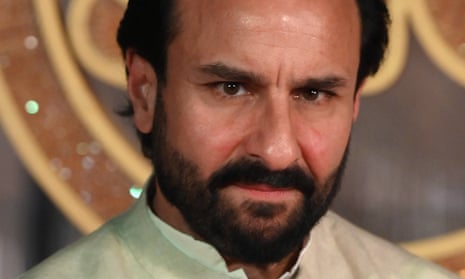European Commission president Ursula von der Leyen has just responded to US tariffs on aluminium and steel announced overnight, saying the bloc will respond with “firm and proportionate countermeasures.". Here is what she said:. I deeply regret the US decision to impose tariffs on European steel and aluminium exports. Tariffs are taxes – bad for business, worse for consumers. Unjustified tariffs on the EU will not go unanswered – they will trigger firm and proportionate countermeasures.
![[President of the European Commission Ursula von der Leyen arrives at the Élysée Palace in Paris, France.]](https://i.guim.co.uk/img/media/7a2087db59ebe40f52eda084206c62b8549fa47a/0_172_5168_3100/master/5168.jpg?width=465&dpr=1&s=none&crop=none)
The EU will act to safeguard its economic interests. We will protect our workers, businesses and consumers. Now, an immediate disclaimer on that advice I got from chatbots. New research found that leading artificial intelligence assistants create distortions, factual inaccuracies and misleading content in response to questions about news and current affairs. More than half of the AI-generated answers provided by ChatGPT, Copilot, Gemini and Perplexity were judged to have “significant issues”, according to the study by the BBC.
![[US vice-president JD Vance arrives at the Elysee Palace in Paris, France.]](https://i.guim.co.uk/img/media/853d1e45c8fd362ac078649545bfe42dce032e3f/0_200_6000_3600/master/6000.jpg?width=465&dpr=1&s=none&crop=none)
So, be warned, don’t automatically trust whatever you get from bots, and always double check it with reputable sources, of course. (Not entirely sure if this presence of distortions, factual inaccuracies and misleading content would necessarily be a problem when dealing with Trump, though.). US president Donald Trump has overnight confirmed his plan to impose tariffs on all aluminium and steel imports from everywhere in the world, including Europe.
Most steel used in the US comes from Mexico and Canada, with smaller numbers from Asia and Europe, with German manufacturers worried about indirect consequences if Chinese or Indonesian steel gets diverted to Europe. Italy and Spain are concerned, too. But there is also a clear political question: how should the EU respond?. European Commission president Ursula von der Leyen and French president Emmanuel Macron will meet with US vice-president JD Vance today, on the sidelines of the AI Action Summit in Paris. It will be their first formal meeting since the inauguration of the new US administration last month.
Keeping with the theme, I have asked various AI models to take on the role of a European leader and offer suggestions on how to respond to Trump’s increasingly assertive trade policy. It turns out that models do seem to reflect the way policymaking is now being done in respective geographies. French Mistral AI’s Le Chat has offered me a rather bland “European Commission officials on a working trip to Brugge” type of response (also making me think of the “let’s do away with computers” scene from the brilliant British TV series the Thick of It).
It told me – and I swear to God, this is verbatim from its answers – to “present a unified front”, “show solidarity with the member states,” and engage in “high-level dialogue,” before considering “targeted retaliatory measures” and filing a complaint to the World Trade Organization. Oh, and to “invest in innovation” to “enhance the competitiveness of European industries.”.
So good, it could be leaked from an EU official’s inbox, and we would not know. When I asked for unorthodox solutions, it told me to organise a “flashmob” (are they even still a thing in 2025?), record “viral videos,” and buy a billboard in a US city to “raise awareness” about the impact of tariffs. Yeah, good luck with that. American OpenAI’s ChatGPT struck was notably (way) more bullish, directing me to “play the Art of the Deal against Trump” and convince him we can get “a big, beautiful deal,” potentially even named after him, and claim it is “the best in history,” while actually getting whatever we want for Europe.
“Instead of reacting defensively, we should go on the offensive,” it said, adding that we should also retaliate with expansive tariffs but suspend their application to “leave uncertainty hanging over US businesses” and essentially scare Trump into submission. It then told me to “publicly praise his brilliant negotiating skills while quietly working around him,” and “use exaggerated flattery to make him think removing tariffs was his idea all along” by forcing him to “meet his erratic behaviour with controlled unpredictability of our own.”.





















